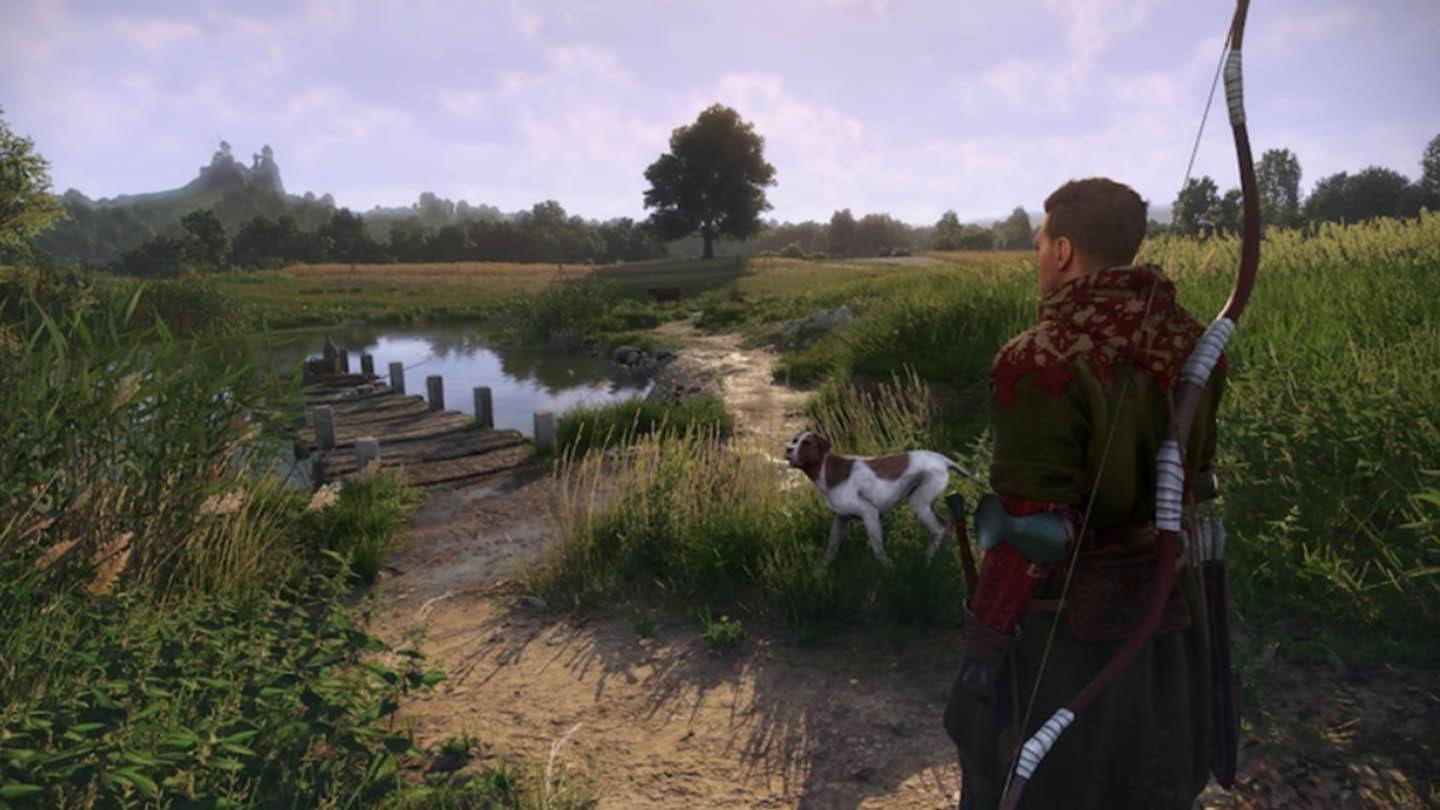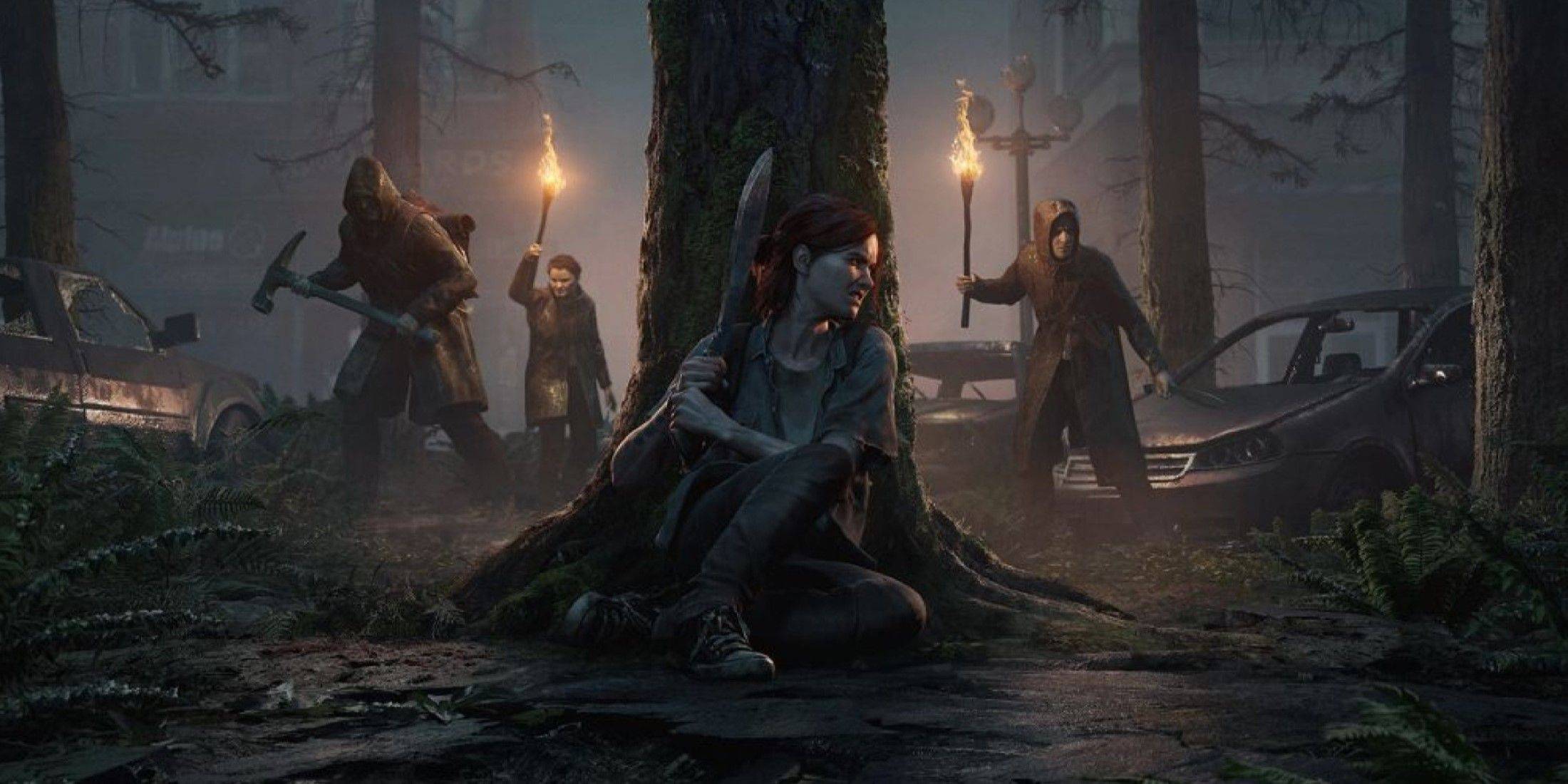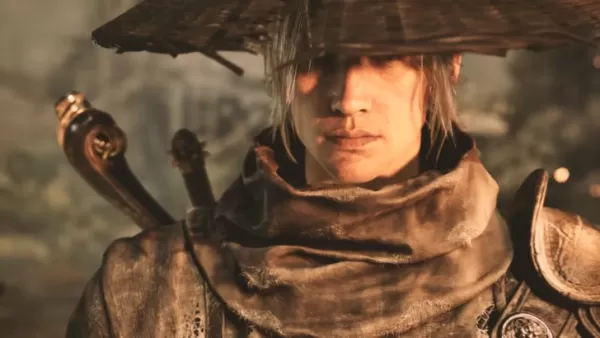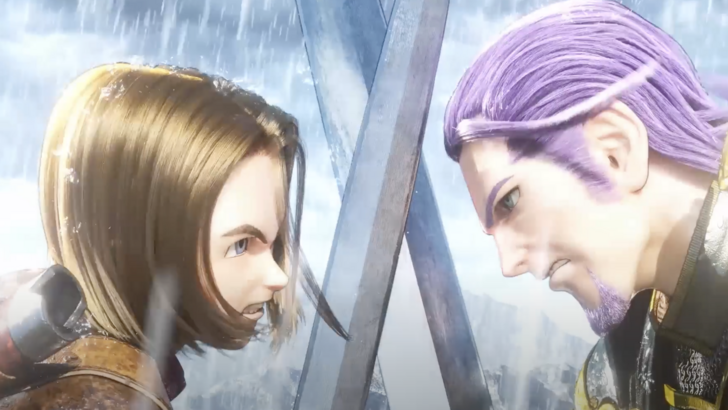"Clair Obscur: Expedition 33 Sparks Debate on Turn-Based Games"
- By Mila
- May 06,2025
Turn-based games have been a staple of role-playing discussions for years, often debated against more action-oriented systems. The release of Clair Obscur: Expedition 33 has reignited these conversations, particularly regarding the future direction of major RPG franchises. Launched to critical acclaim, Clair Obscur: Expedition 33 proudly showcases its turn-based roots, drawing inspiration from classics like Final Fantasy VIII, IX, and X, while also incorporating elements from action-heavy titles like Sekiro: Shadows Die Twice and Mario & Luigi. This blend results in a gameplay experience that shifts seamlessly between strategic turn-based planning and dynamic action sequences, sparking a renewed interest in the genre.
Producer Francois Meurisse confirmed in an interview with RPGsite that Clair Obscur was designed as a turn-based game from the outset. This approach has resonated with fans and critics alike, leading to significant discourse on social media platforms. Many have cited Clair Obscur's success as a counterpoint to the trend of moving away from turn-based mechanics, especially in light of comments from Naoki Yoshida, the producer behind Final Fantasy XVI. Yoshida has noted a shift in player preferences, particularly among younger audiences, towards more action-based gameplay, a trend reflected in recent Final Fantasy titles like XV, XVI, and the VII remake series.
However, the situation is more nuanced than a simple debate over turn-based vs. action-based systems. Square Enix has not abandoned turn-based games entirely; recent releases like Octopath Traveler 2 and upcoming titles such as SaGa Emerald Beyond and the Bravely Default remaster for Switch 2 demonstrate continued support for the format. While Final Fantasy has leaned more towards action, it's clear that turn-based games still have a place in the market.
The success of Clair Obscur: Expedition 33 should not be seen as a directive for Final Fantasy to revert to its roots. Each series has its unique aesthetic and narrative identity, and reducing Clair Obscur to a mere "Final Fantasy if it was good" oversimplifies the distinct achievements of both games. Historical debates, such as those surrounding Lost Odyssey or comparisons between Final Fantasy VII and VI, highlight the ongoing nature of such discussions within the gaming community.
Sales figures also play a crucial role in these decisions. Yoshida has mentioned that while he values command system RPGs, the expected sales and impact of Final Fantasy XVI necessitated its action-based direction. Meanwhile, Clair Obscur: Expedition 33 has achieved remarkable success, selling 1 million copies in just three days, yet the expectations for Final Fantasy titles are typically much higher.
Despite concerns about the viability of turn-based games, recent hits like Baldur's Gate 3 and Metaphor: ReFantazio suggest that there is still a strong market for them. Clair Obscur's success is a testament to the potential of mid-budget RPGs that focus on authentic, well-crafted experiences. The game's innovative combat system, compelling soundtrack, and detailed world-building demonstrate the value of staying true to a creative vision.
The broader lesson from Clair Obscur's success is the importance of authenticity in game development. As Larian CEO Swen Vincke emphasized, investing in a high-budget game that the team is passionate about can yield significant results. This approach suggests a promising path forward for the industry, one that prioritizes genuine creativity over rehashing old debates.
Latest News
more >-
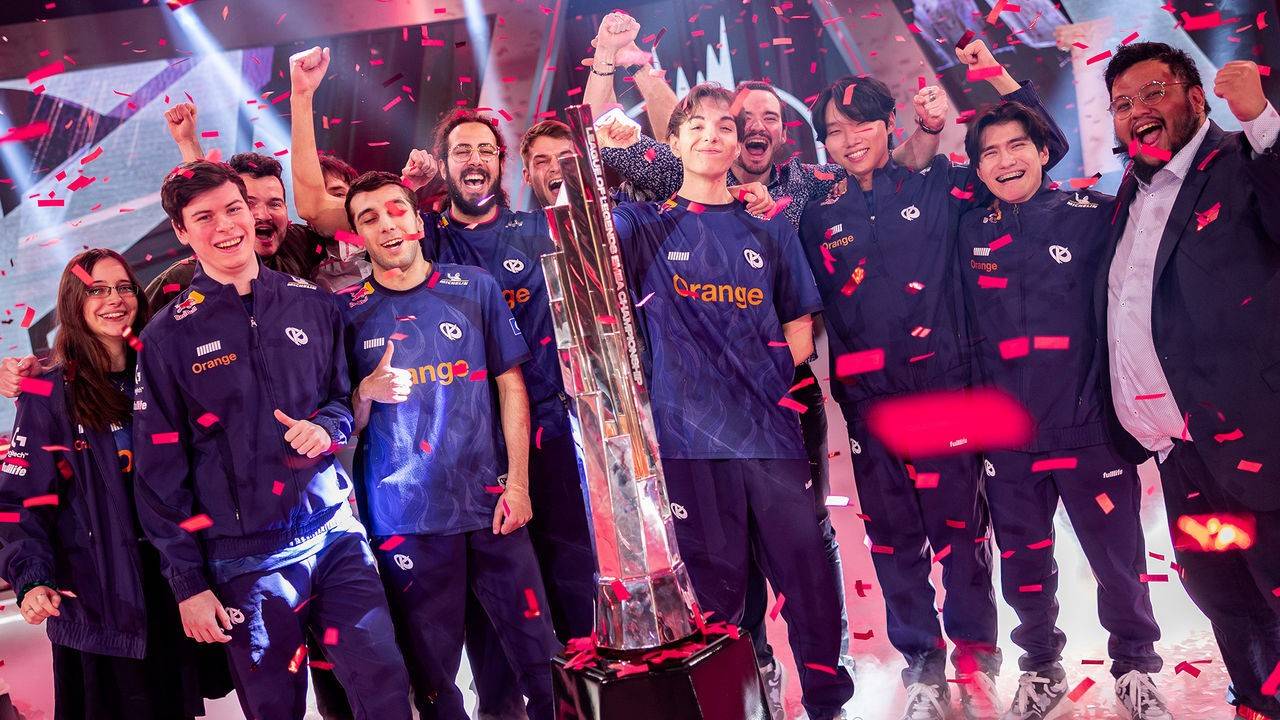
- LoL First Stand 2025: Why It Matters
- Dec 26,2025
-
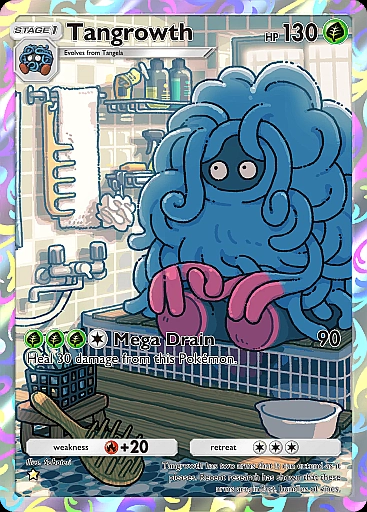
-
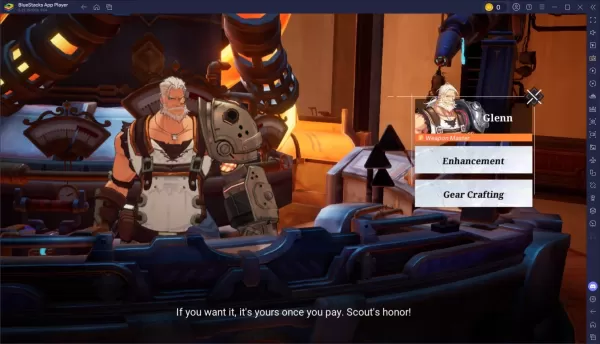
- Atlan Crystal: Boost Gear Quality Guide
- Dec 25,2025
-
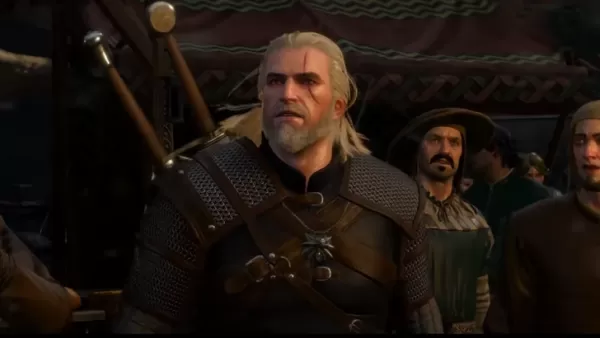
- The Witcher 3 Mod Support Patch Pushed to 2026
- Dec 25,2025
-

- Unraveling R.E.P.O.: What the Title Means
- Dec 25,2025
